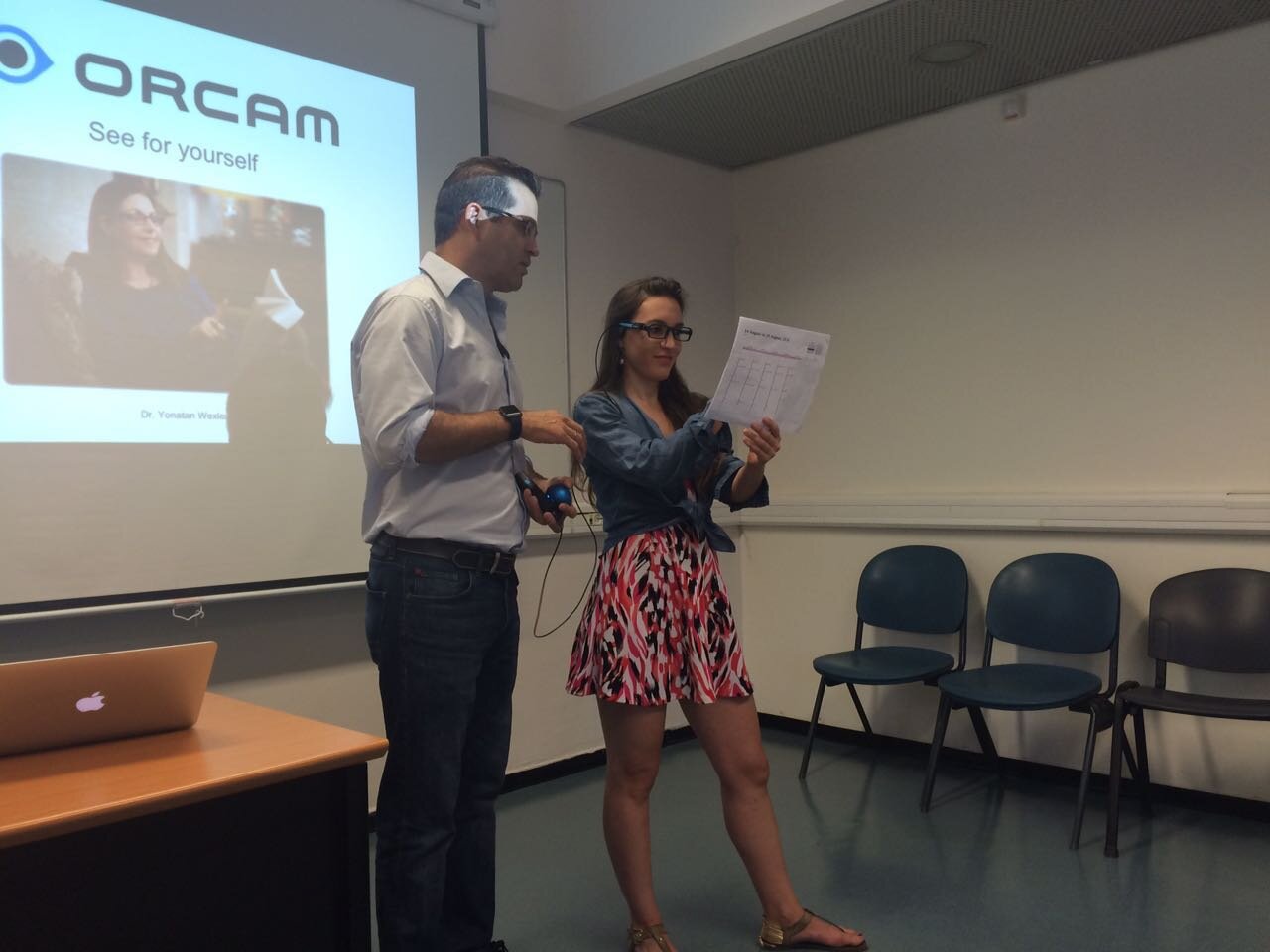Sarah Zweifach is an MD candidate at NYU School of Medicine and has dedicated her professional life to driving better health outcomes by bridging the gap between medicine and technology. She spent this summer in Israel—an international hotbed for startups–at a program provided by Hebrew University in Jerusalem called Transdisciplinary Innovation Program (TIP). In this 3-part blog series, Sarah shares her insights on how Israel has become a preeminent leader in the startup world and also reflects upon how future entrepreneurs at NYU and beyond, might learn from this small country’s success stories. Read Part 1 of the series here.
Summer in the Startup Nation: The Israeli Way
There is no room for self-doubt in the startup world. Not just because investors may equate uncertainty with doubtful returns, but also because product development requires a commitment to solve problems and adapt no matter what bumps in the road one encounters. But how do you develop this type of self-assurance? Not merely from being praised all your life or through luck. This type of resilience requires a belief not just in oneself but in the idea that failure only makes us stronger, that places transcendent value in the struggle.
 Israel is not an easy place to live. While there are periods that are more peaceful than others, the country is never at rest. Every citizen, male and female, does army service. This is not to say that Israelis are constantly anxious and hysterical, but there is residual conflict and an acknowledgement of a constant need to fight, survive, and persevere. But this attitude transcends dealings with neighboring enemies. In addition to our discipline-a-day classes, TIP also had a few fire side chats with Israeli entrepreneurs. Each had his or her own success story, challenges, and advice to share, but I kept hearing the same message. “We don’t stop fighting because we can’t stop fighting. If we don’t know how to do something and we don’t see a way to accomplish it, we make a way. This is the Israeli way.”
Israel is not an easy place to live. While there are periods that are more peaceful than others, the country is never at rest. Every citizen, male and female, does army service. This is not to say that Israelis are constantly anxious and hysterical, but there is residual conflict and an acknowledgement of a constant need to fight, survive, and persevere. But this attitude transcends dealings with neighboring enemies. In addition to our discipline-a-day classes, TIP also had a few fire side chats with Israeli entrepreneurs. Each had his or her own success story, challenges, and advice to share, but I kept hearing the same message. “We don’t stop fighting because we can’t stop fighting. If we don’t know how to do something and we don’t see a way to accomplish it, we make a way. This is the Israeli way.”
One of the entrepreneurs who came to speak with us was Boaz Eitan. Boaz is definitely many people. He is a physicist, mathematician, engineer, inventor, founder, CEO, and was even a Syrian prisoner of war during his days as a fighter pilot in the Israeli Air Forces. But Boaz didn’t let his time in the Syrian prison slow him down. In fact, he used the time to teach himself physics and mathematics with one of his inmate’s books. He then proceeded to invent, found, and lead a number of ventures in the semiconductor industry. Currently, Boaz is CEO of a medication infusion delivery company - QCore.
When I questioned how he made the jump into medical solutions from his work in semiconductors and memory technology, he didn’t skip a beat. He responded simply that when you “find a problem you work hard. And then you work harder.” Boaz’s advice was no different than Elishai’s, our program director.
We may try something and we may fail. But “what would it really have mattered? All over the world people are doing stupid things.” I don’t think that Boaz and the other Israelis I met succeeded just because they were born into a culture of resilience, but rather because they were not afraid to fail. They were not afraid to apply their skills in one discipline to another and test the waters.
I do believe that Israel’s unique national security situation plays a role in the country’s entrepreneurial spirit, but I argue that this attitude isn’t just “toughness.” It is adaptability. Fearlessness of failure. And most importantly, openness to experimentation with the unknown.
________________________________________________________________________
Author's Bio: Prior to medical school, Sarah worked in a variety of digital health settings, from a life sciences-focused data analytics startup, Zephyr Health, to a seed fund for digital health, Rock Health, and, most recently, one of the largest healthcare corporations, McKesson, doing product marketing for an oncology-specific EMR. Sarah’s work in medical technology, coupled with previous experience in integrative medicine and wellness, reflects her belief that to solve healthcare’s most pressing challenges, multi-disciplinary teamwork and solutions are necessary. Currently, in addition to being a medical student, Sarah advises health tech startups, produces a digital medicine newsletter for Mt. Sinai’s App Lab, and also works closely with physician entrepreneurs to grow the digital health ecosystem at NYU.







